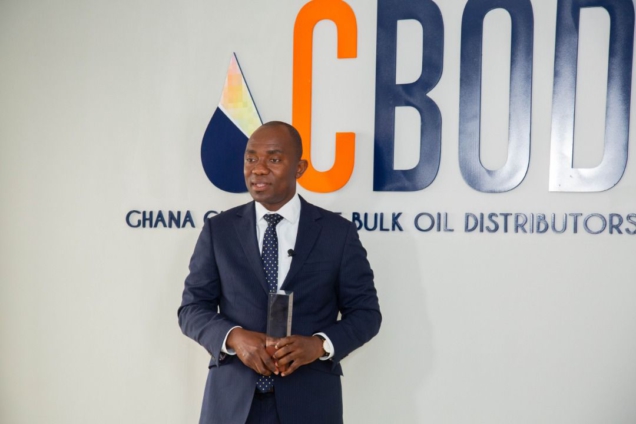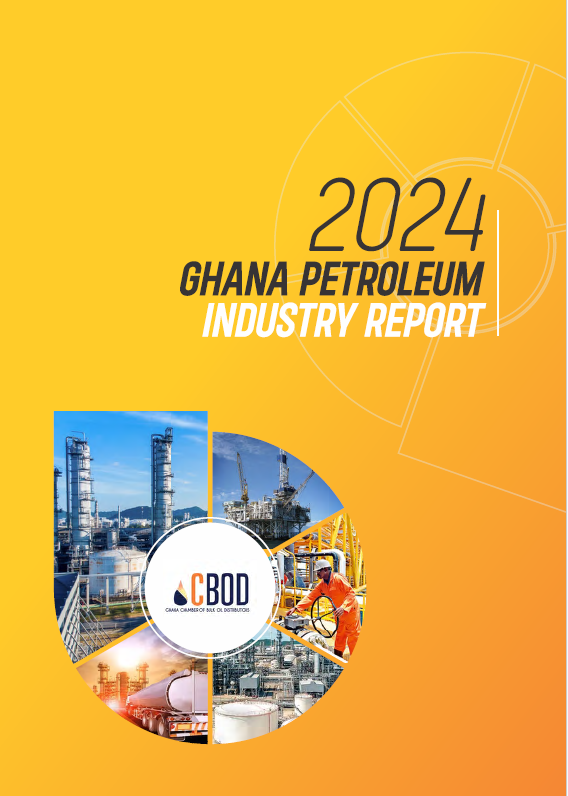The Ghana Chamber of Bulk Oil Distributors (CBOD) is not in any way opposed to the government’s gold-for-oil (G4O) programme, according to Chief Executive Officer, Dr Patrick Ofori.
The Chamber is also not against the involvement of the Bulk Oil Storage and Transportation Company (BOST) in managing strategic petroleum stocks within the downstream petroleum sector, Dr Ofori says.
CBOD, however, is advocating for a level playing field where BOST, in particular, is not singled out for preferential treatment that gives them an unfair advantage over the bulk distribution companies.
“What we are saying is that they should create the enabling environment for everybody to compete fairly and on their own strength,” Dr Ofori said in an interview.
“We don’t want a situation where laycans [the schedule for the berthing of petroleum-carrying vessels at the ports] are skewed in favour of BOST.
“If BOST is ready or intends to compete within the commercial space of product importation, they should do so on the strength of their balance sheet and they should be able to raise letters of credit to conduct their commercial activities.
“If their internal structures and books are robust enough, they should be able to lure the international oil trading companies to access lines of open credit for them to be able to participate fairly, effectively and efficiently. But they should not be protected using state entities and in the end, try and claim efficiency based on state steroids.”
Dr Ofori warned that the preferential treatment BOST is receiving in the form of skewed laycans and forex allocation could distort the markets, potentially imposing a financial burden on an already stressed economy and future additional petroleum taxes similar to ESLA and TOR levy.
“What we are speaking against is the central bank underwriting the risks associated with BOST’s commercial activities,” he said.
“Over the years GNPC was brought in to support BOST. That didn’t end so well. And before G4O [Gold for Oil], some BDCs were also even complaining about products that they put through the BOST system that they struggled to account for.
“Inspection companies are complaining about transmission losses which are above normal when products are going to BOST facilities. These are the concerns that we are raising.”
Dr Ofori pointed out that CBOD is pushing for a level playing field that will help ensure the sustainability and profitability of the downstream petroleum sector as well as safeguard Ghana’s energy efficiency and security.
“We are not against G4O. Neither are we against BOST engaging in its core mandate of managing strategic petroleum stocks.
“But what we are pushing for is a level playing field for us to operate efficiently and carry out our businesses. After all, whilst our members pay $300,000 as licensing fees, BOST doesn’t pay any of these fees and levies,” he said.
“Whilst each one of us is being levied BOST margin, no BDC is benefiting from that. In addition to all these privileges, if they are still going to skew a portion of the market that will allow BOST to bring in a certain percentage of products and enjoy a preferential treatment with regards to laycan allocation and forex allocations, clearly it raises concerns. Then it means the private sector is being unduly bullied and discriminated against.”





